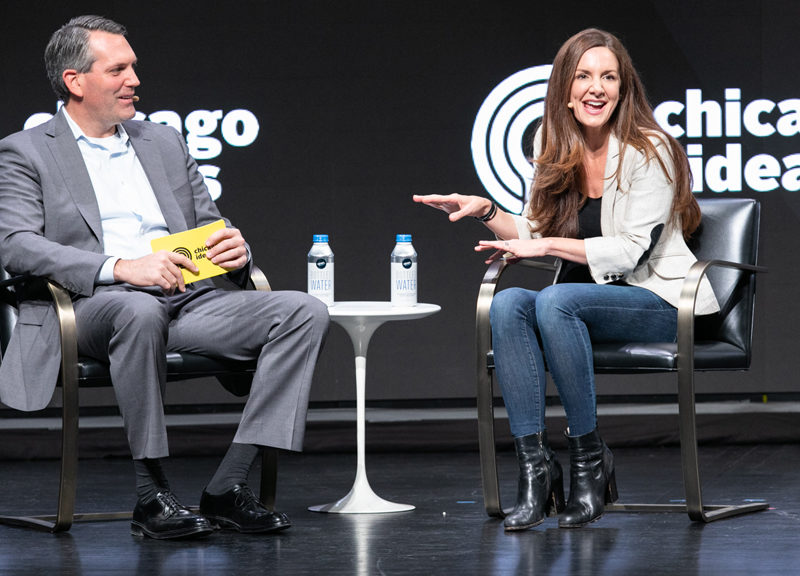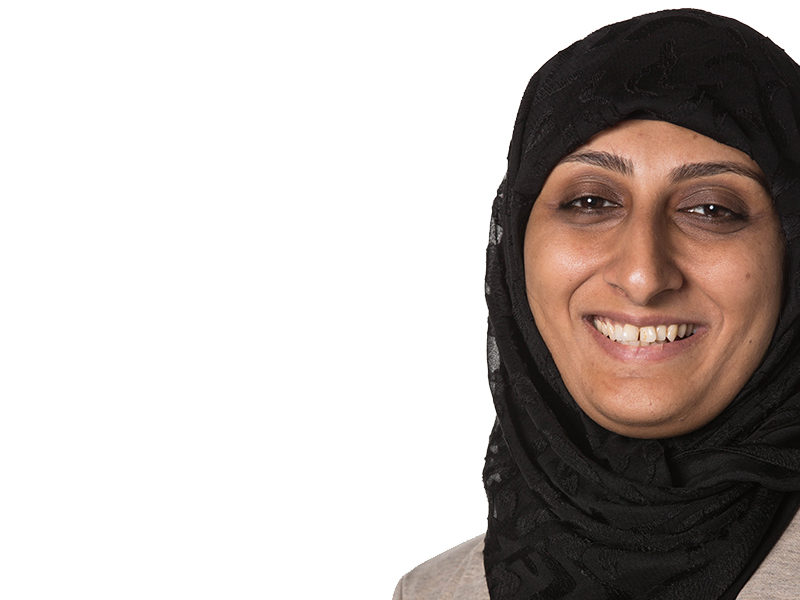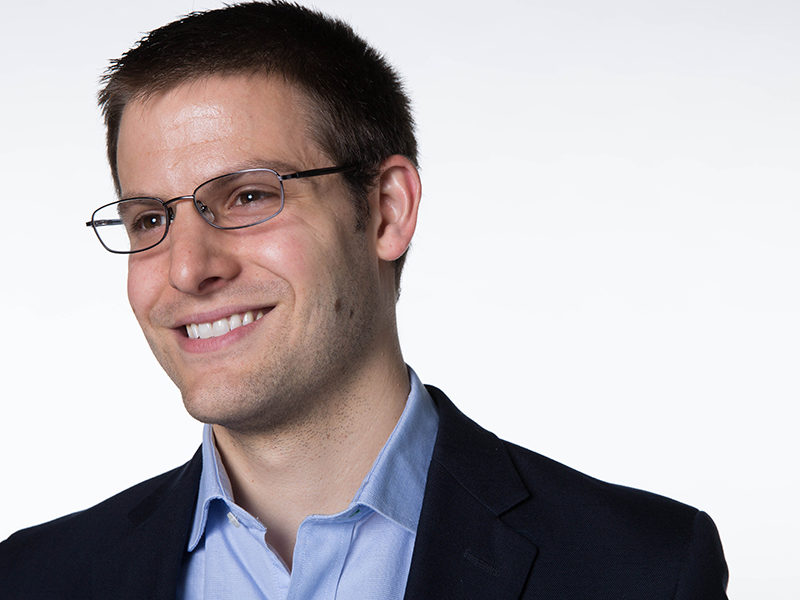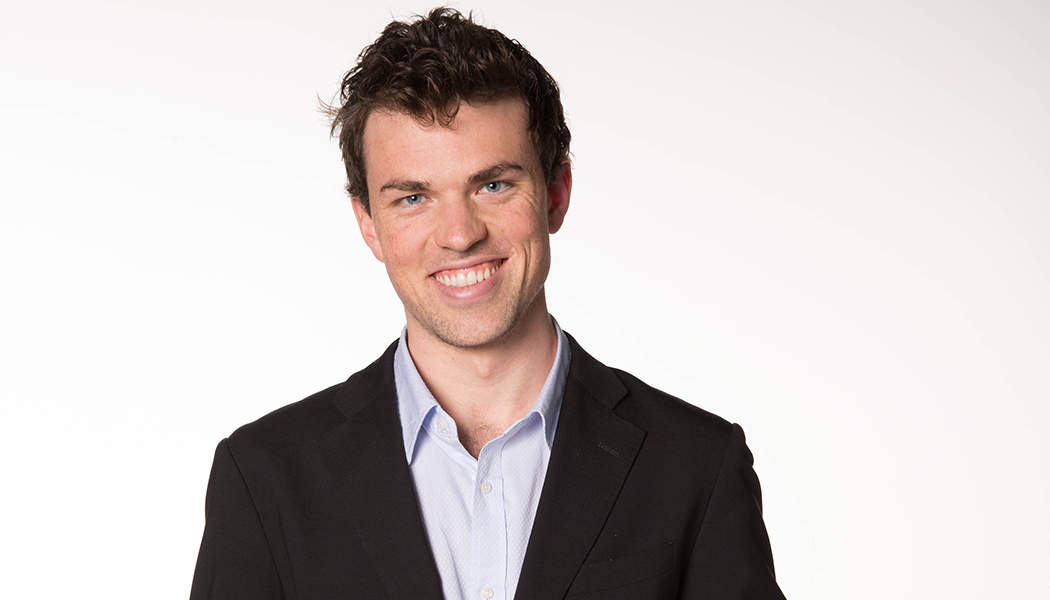
Fellow Follow-up: Moneythink’s Ted Gonder
2014 BHSI Fellow Ted Gonder has big goals for Moneythink, the financial education platform that he started as an undergrad at the University of Chicago: arm “every single young adult in the United States” with the knowledge necessary to make sound financial 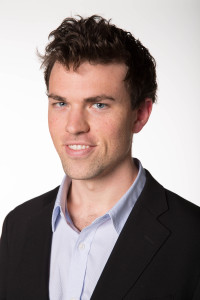 decisions, all by 2030. Since we first talked in August, Gonder has made further inroads on that goal, both through leveraging his participation as a Fellow and CIW Future Global Leader and pursuing new ventures with industry partners like American Express.
decisions, all by 2030. Since we first talked in August, Gonder has made further inroads on that goal, both through leveraging his participation as a Fellow and CIW Future Global Leader and pursuing new ventures with industry partners like American Express.
How are you changing the world? Apply to the BHSI Fellowship today, and tell us how your venture is impacting the world for the better.
What were your goals for Moneythink at the outset? Did you have an idea of how big it would grow?
When we first started, we had two thoughts. One was that we really wanted to bring this program to as many kids as possible in Chicago. Pretty early on, we also realized that because our model uses college volunteers, this program had the potential to spread to a lot of other communities across the country. Our thought was always let’s try to do a really great job here in Chicago and prove impact, and along the way test how well it can scale.
It’s especially impressive that you were able to be this forward-thinking about Moneythink given that at the time you were still only a first-year student at the University of Chicago. What aspects of your education played into that?
I had a tutor in high school that really helped me get my life on the right track. He kind of taught me to think about my life like an entrepreneurial venture, and my decisions as if they were investment in the future.
Your approach to financial education involve two different views. First, approach life like an entrepreneur and be willing to take risks. Second, practice frugal saving habits. How do you reconcile those viewpoints in your teachings?
We think of it like offense and defense. Spending is like offense, and saving is like defense. Money is ultimately a tool to express your values. So you think first: What do I value, and what are my goals?
Talk a little bit about the Moneythink app and the ways that it enables students to share positive financial decisions via pictures and other social media means. How do students react to the platform?
We have students who are actively making decisions, consciously, about their money and then reporting them through technology in a way that feels very natural to them. It doesn’t feel like homework.
What did you gain from Chicago Ideas Week 2014?
I connected with another BHSI fellow Zak Kaufman of Vera Solutions for guidance on developing a salesforce platform. I also learned from many of the business leaders I met at CIW. Sam Zell taught me the importance of building things in spaces that don’t have any competition, allowing you to create a monopoly; Brad Keywell shared how to pitch a social impact project in terms of business ROI; and I learned from Ann Dias Griffin that it is important to spend one day per week just thinking, not sending e-mails, making calls or taking meetings.
We know a ton has happened at Moneythink headquarters, even since October. What’s upcoming and what should we expect to see next?
We have launched four new campus chapters, including UPenn and Yale, meaning we’re now at 30 campuses and 60 high schools nationwide. We just rolled our mobile app out in classrooms across the nation, and we are beginning to license our app to other organizations and school districts to scale our impact beyond the reach of our own organization. American Express is helping us conduct a three-year impact study of our programs and technologies in the Mississippi Delta. We’re on a mission to prove impact and launch strategies for scale that will bring us to one million students on our mobile platform and build the gold standard financial mentoring program by 2020.
Q&As are edited for clarity and length. This piece was adapted, in part, from an interview originally published on August 28, 2014.


